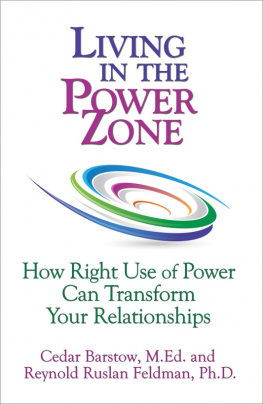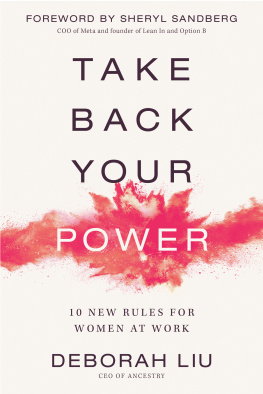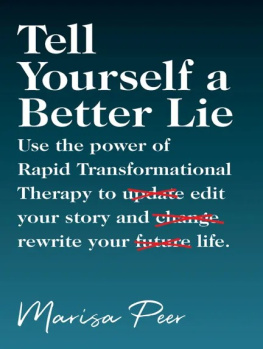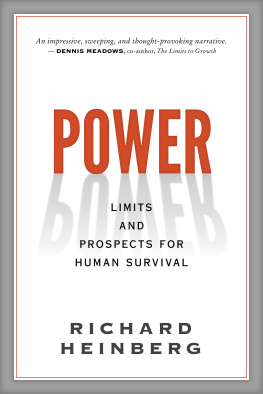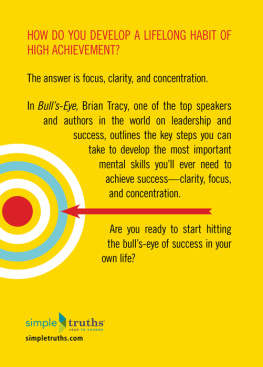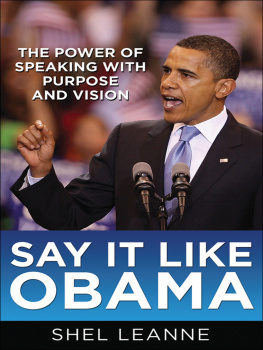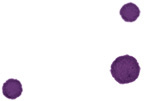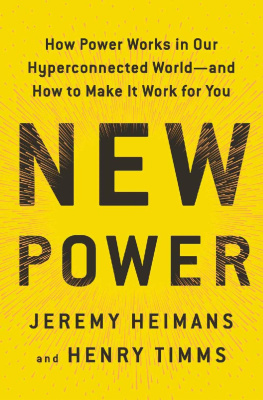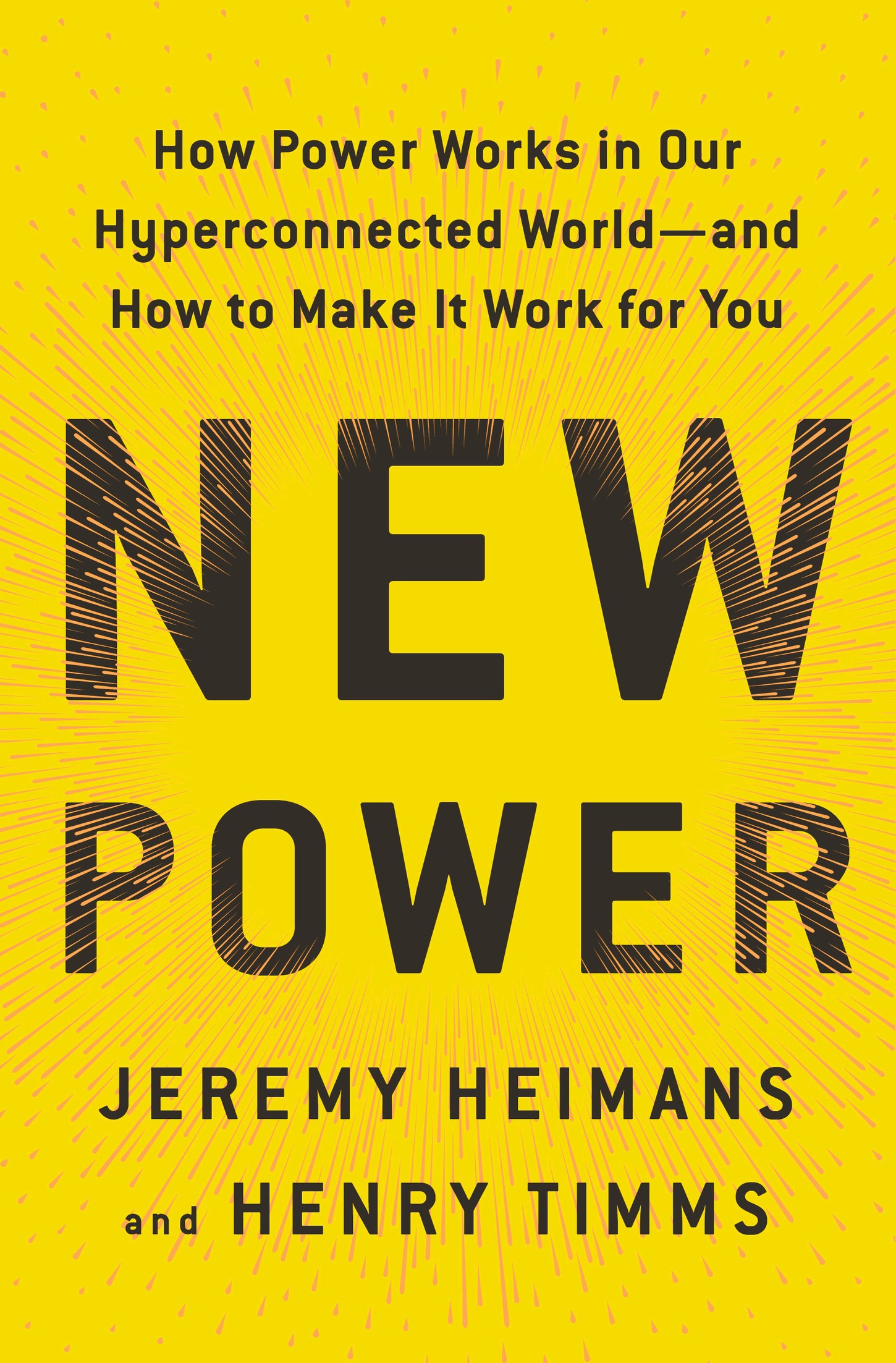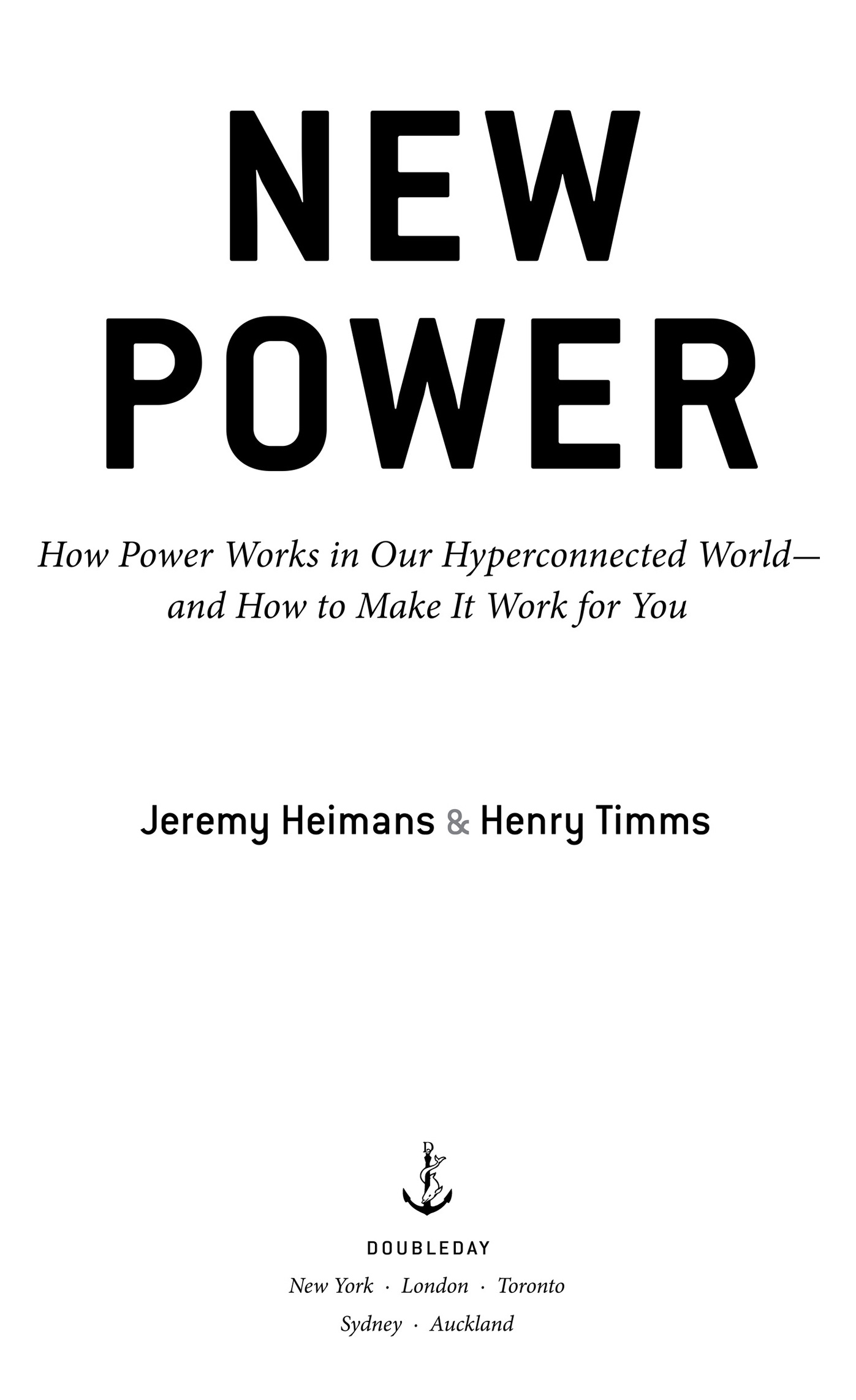All rights reserved. Published in the United States by Doubleday, a division of Penguin Random House LLC, New York.
DOUBLEDAY and the portrayal of an anchor with a dolphin are registered trademarks of Penguin Random House LLC.
Names: Heimans, Jeremy, author. | Timms, Henry, author.
Title: New power : how power works in our hyperconnected worldand how to make it work for you / Jeremy Heimans and Henry Timms.
Description: First edition. | New York : Doubleday, [2018] | Includes bibliographical references and index.
Identifiers: LCCN 2017039966 | ISBN 9780385541114 (alk. paper) | ISBN 9780385541121 (ebook)
Subjects: LCSH: InternetSocial aspects. | InternetPolitical aspects. | Power (Social sciences) | Internet and activism. | Social movements.
Classification: LCC HM851 .H435 2018 | DDC 303.48/3dc23 LC record available at https://lccn.loc.gov/2017039966
1
WELCOME TO THE NEW POWER WORLD
Power, as philosopher Bertrand Russell puts it, is the ability to produce intended effects .
That ability is now in all of our hands. Today, we have the capacity to make films, friends, or money; to spread hope or spread our ideas; to build community or build up movements; to spread misinformation or propagate violenceall on a vastly greater scale and with greater potential impact than we did even a few years ago.
Yes, this is because technology has changed. But the deeper truth is that we are changing. Our behaviors and expectations are changing. And those who have figured out how to channel all this energy and appetite are producing Russells intended effects in new and extraordinarily impactful ways.
Think of the hoodie-clad barons who sit atop online platforms a billion users strong, tweaking our daily habits, emotions, and opinions. The political neophytes who have raised passionate crowds and won stunning victories. The everyday people and organizations who are leaping ahead in this chaotic, hyperconnected worldwhile others fall back.
This book is about how to navigate and thrive in a world defined by the battle and balancing of two big forces. We call them old power and new power.
Old power works like a currency. It is held by few. Once gained, it is jealously guarded, and the powerful have a substantial store of it to spend. It is closed, inaccessible, and leader-driven. It downloads, and it captures.
New power operates differently, like a current. It is made by many. It is open, participatory, and peer-driven. It uploads, and it distributes. Like water or electricity, its most forceful when it surges. The goal with new power is not to hoard it but to channel it.
To start to see how old and new power work, here are three very different stories.
#MeToo vs. Harvey Weinstein
Award seasons after award season, movie producer Harvey Weinstein ruled over Hollywood like a god.
In fact, according to Quartz, which analyzed Academy Award acceptance speeches between 1966 and 2016, he actually tied with God for the total number of times each was thanked on Oscar nightthirty four. His films garnered over three hundred Oscar nominations. The Queen made him an honorary Commander of the British Empire.
Weinstein hoarded his power and spent it like currency to maintain his vaunted position: he could make or break a star, he had huge personal capacity to green-light a project or sink it. He shaped the fortunes of an entire industryand in turn that industry protected him even as he carried out a decades-long spree of alleged sexual harassment and assault. He controlled the media through developing a cozy mutually beneficial relationship based on the favors and access he could grant. He even won the 2017 Los Angeles Press Club Truth Teller award.
He buffeted himself with an army of lawyers, relying on punishing non-disclosure agreements for those who worked with him and, when necessary, paying off accusers. He hired private security firmsstaffed with former spiesto dig for information on women and journalists with allegations against him. The women he preyed upon mostly kept quiet anyway, out of the very real fear of career consequences, while the men who might have stepped up stood by and did nothing, unwilling to spend their own power on a fight.
If Harvey Weinstein, and the closed and hierarchical system that held him up, tell a familiar story about old power, then Weinsteins fall, and especially what happened next, tells us a lot about how new power works, and why it matters.
In the days after news stories broke about Weinstein and his accusers, the actress Alyssa Milano shared the hashtag #MeToo to encourage women to tell their stories of sexual harassment and assault on Twitter. Terri Conn paid attention. In her twenties, as an emerging actress with a role on a soap opera, Conn had been approached by director James Toback to meet in Central Park to talk about a part. Once there, as she reported to CNN, he assaulted her.
She buried the memory for years. But with the attention on Harvey Weinstein, and the rise of the #MeToo movement, it resurfaced. She finally told her husband, and she started to act. She began by searching Twitter for women who had used both the #MeToo hashtag and #JamesToback. She found others whose stories were frighteningly close to hers. Together they formed a private Twitter group to support one another and find other survivors. Members of this group then took their stories to a journalist at the Los Angeles Times.Within days of an article being published, more than three hundred women came forward with stories of their own about Toback.
Conns campaign was one of many. Almost one million tweets used the hashtag #MeToo in forty-eight hours. In just one day, twelve million Facebook comments, posts, and reactions were logged.
The #MeToo movement surged across the world like a current, with different communities adapting it to take on their own targets. In France it became #BalanceTonPorc (Denounce Your Pig), a campaign to name and shame harassers. In Italy women recounted their stories under the banner #QuellaVoltaChe (The Time That). And it moved from industry to industry. Members of Congress revealed that they, too, had been harassed by their male peers. The UK defense minister was forced to resign. The European Parliament had its #MeToo moment. Business leaders were exposed and toppled. Rallies spilled out onto the streets in cities across the world, from Paris to Vancouver. India debated an effort to expose the predatory behavior of well-known professors. An article in China Daily that seemed to suggest workplace harassment and assault were only Western problems was pulled after a wave of online criticism.
No one was the boss of this movement, and no one quite knew where it would go next. #MeToo had been born a decade earlier as the work of grassroots activist Tarana Burke, who encouraged women of color who had been sexually assaulted to share their experiences, peer-to-peer, with other survivors. But now the movement felt ownerlessand this was the source of its strength. Everyone from enterprising designers who created me too jewelry to aspiring politicians who aligned with #MeToo to seek to channel its energy.


